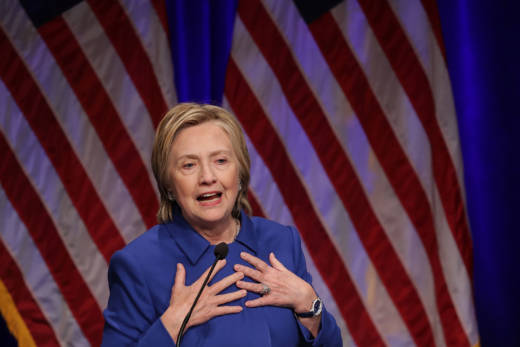Updated 5:50 p.m. Saturday
Officials with Hillary Clinton's presidential campaign announced Saturday they will participate in a recount of ballots in Wisconsin, ordered Friday after a formal request and fundraising drive by Green Party candidate Jill Stein, and stand ready to take part in similar efforts in Michigan and Pennsylvania.
Clinton leads the national popular vote by more than 2.2 million votes, but Republican Donald Trump won an apparent Electoral College victory with 290 votes to Clinton's 232, with Michigan still too close to call. It takes 270 to win, and Clinton would need to take all three of the disputed states to prevail.
Trump issued a statement Saturday blasting Stein and the recount.
Clinton counsel Mark Elias said in a Saturday post on Medium that the campaign would participate in the recount "to ensure the process proceeds in a manner that is fair to all sides."

